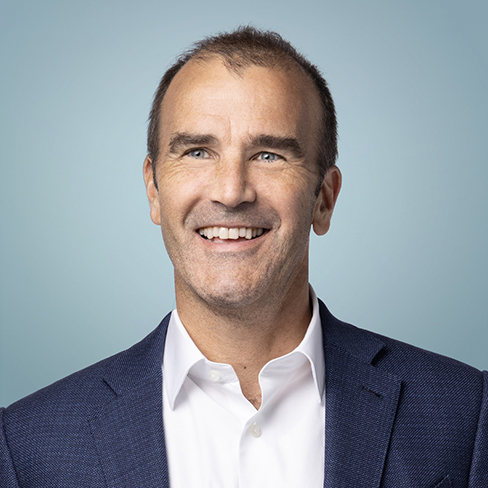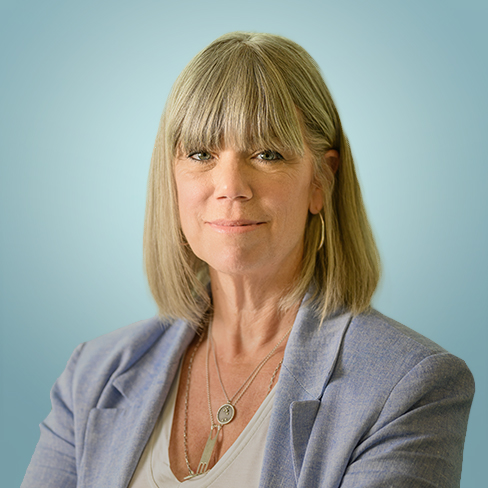
- Pete Stein
- Global President and President, Merkle Americas
-
In his 25-year journey in the marketing industry, Pete Stein has demonstrated a steadfast commitment to helping world-class brands deliver extraordinary customer experiences. As Global President of Merkle and dentsu’s CXM Practice, Pete leads the development and delivery of its full breadth of capabilities that drive customer experience transformation. Pete partners across regions and practice areas to shape Merkle’s brand strategy and go-to-market value proposition.
Pete is responsible for global annual revenue approaching $2 billion and a workforce spanning 16,000 employees across 30+ countries, encompassing the Americas, EMEA, and APAC. His purview comprises a broad array of CXM competencies, including technology and customer strategy, customer data management, analytics and insights, enterprise AI, commerce and content platforms, digital experience design, CRM and customer service, messaging, and loyalty and promotions.
Taking a global perspective, Pete’s rich experience is underpinned by an innate understanding of regional market dynamics. His charge within Merkle also includes serving as President of Merkle Americas, a region that contributes to over 70% of the company’s global revenue and employs more than 7,000 people. Prior to this role, he held the position of Global Lead of Experience & Commerce, establishing Merkle’s E&C practice and fronting a global team of CXM experts focused on experience and commerce technologies and services. His responsibilities included recruiting, developing, and inspiring the team to achieve sustainable performance and retain deep client relationships globally by enabling seamless shopping experiences. Under Pete’s leadership, Merkle has been recognized as a leader by Ad Age, Forrester, Gartner, The Drum, IDC, Everest Group, and others, as well as technology partners including Adobe, Google, Salesforce, Pega, and Amazon Web Services.
Pete is a visionary steward of Merkle’s growth strategy, including M&A, and has played a pivotal role in evaluating and orchestrating the acquisition of several high-profile customer transformation and technology businesses – and steering their successful integration into the dentsu family of companies.
Passionate about fostering a unique, people-centric corporate culture, Pete is a devoted advocate for diversity, equity, and inclusion. He actively supports Merkle and dentsu’s DEI initiatives and personifies their dedication to transparency and accountability in their inclusivity goals. This commitment led Merkle to receive the Digital Revolution Award in EMEA for Diversity and Inclusion Employer of the Year in 2022.
Prior to joining Merkle in 2020, Pete served as the CEO of Huge, a global experience agency with 1,200 employees in 13 offices across the globe. Huge delivered world-class customer experience work to clients like Google, McDonalds, and P&G. Prior to that role, Pete spent more than 18 years at Razorfish, ultimately rising to global CEO of the organization. While at Razorfish, Pete expanded a base of digital offerings by creating new global capabilities in ecommerce, social, mobile, and programmatic media, delivering strong growth for clients.
Residing in New Jersey, Pete is actively involved in the advertising and digital community, having served on the Ad Council board and the Snap Client Council.
- /content/dam/merkle/en/content-fragments/images-content-fragments/leadership-headshots/Merkle-Pete-Stein-Headshot-2024.jpg
- Pete Stein
- https://www.linkedin.com/in/petestein1
- 1























